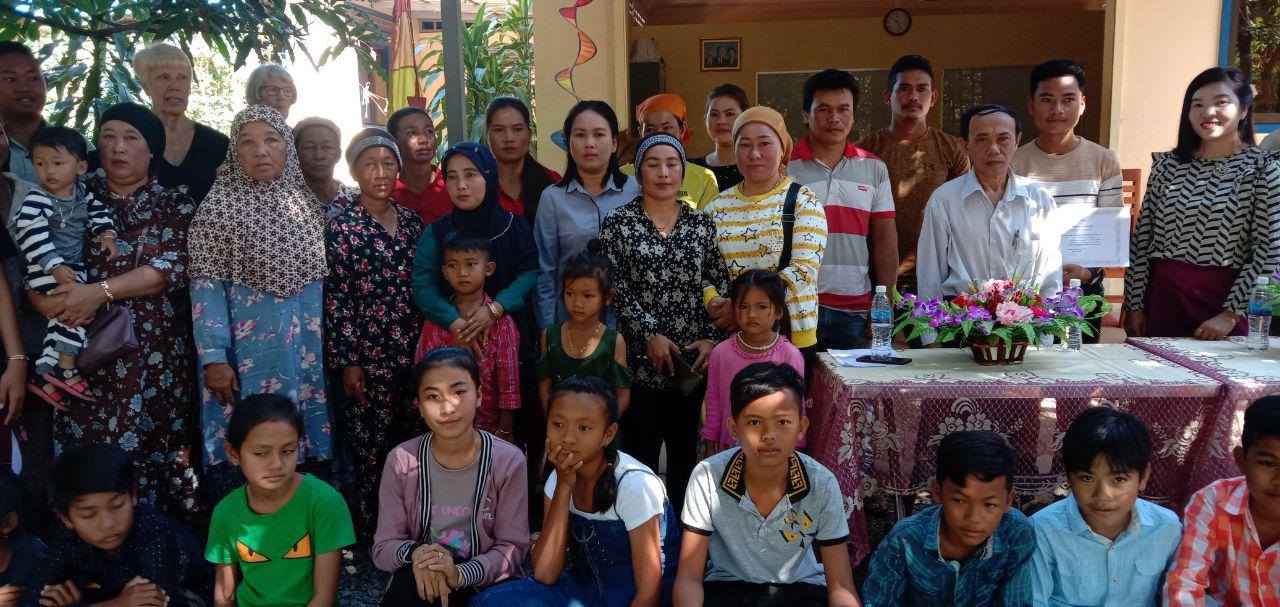ERCO is committed to caring for the local environment and educating the community on the value of managing local natural resources sustainably. ERCO is engaged in a campaign to revegetate neighbouring coastline with thousands of mangroves. Restoring mangrove forests will protect the shoreline and provide breeding habitat for fish, crabs, shrimps and other marine life.
We work on:
- Community empowerment refers to the process of enabling communities to increase control over their lives.
- Communities are groups of people that may or may not be spatially connected, but who share common interests, concerns or identities. These communities could be local, national or international, with specific or broad interests.
- Empowerment refers to the process by which people gain control over the factors and decisions that shape their lives. It is the process by which they increase their assets and attributes and build capacities to gain access, partners, networks and/or a voice, in order to gain control.
- Enabling implies that people cannot ‘be empowered’ by others; they can only empower themselves by acquiring more of power’s different forms.
- Empowerment as action refers both to the process of self-empowerment and to professional support of people, which enables them to overcome their sense of powerlessness and lack of influence, and to recognize and use their resources.

NATURAL RESOURCE MANAGEMENT
Natural Resource Management is the protection, preservation, management, or restoration of natural environments and the ecological communities that inhabit them. It refers to all practices that pave the way for protecting the environment and natural resources on the individual, organizational as well as governmental levels. Conservation is generally held to include the management of human use of natural resources for current public benefit and sustainable social and economic utilization.
We focus on:
- Ensuring sustainable resource management
- Managing forest resources sustainably
- Promoting sustainable energy
- Supporting the circular economy
- Advancing traceability for more sustainable food, fisheries and garment sectors


